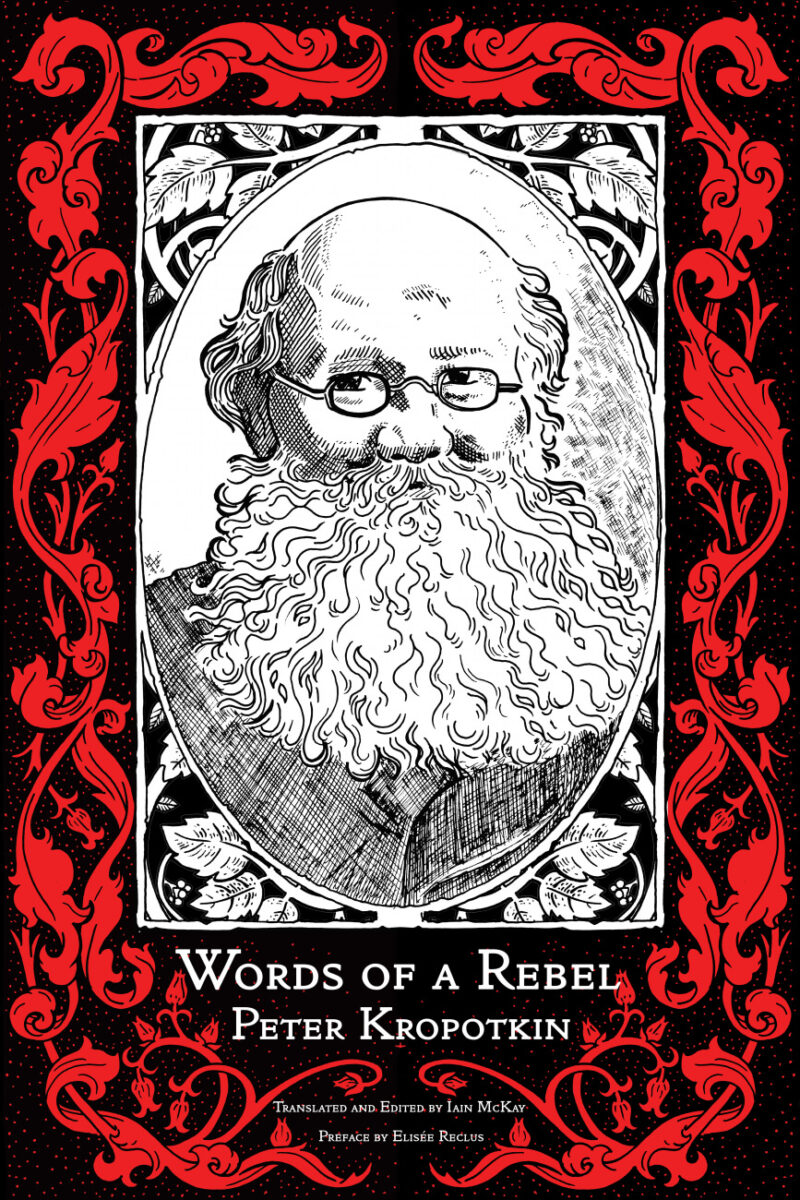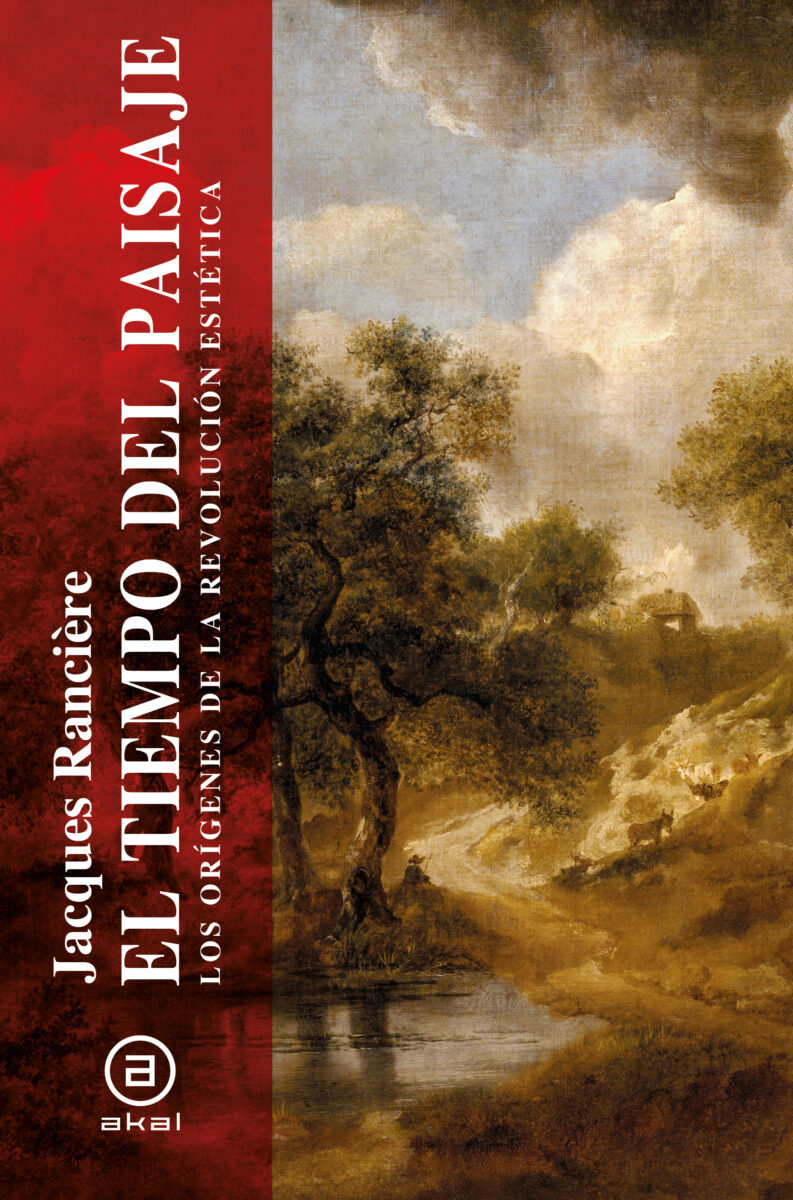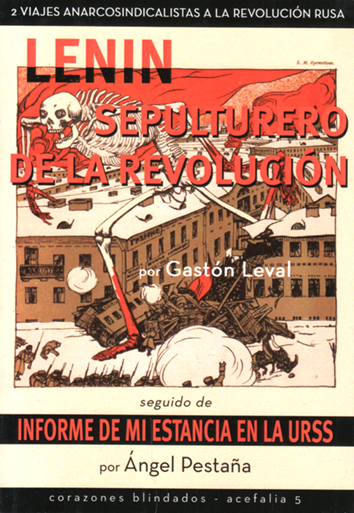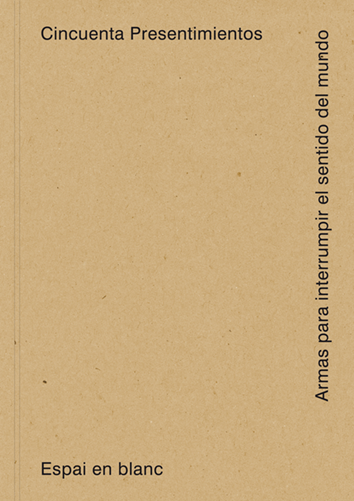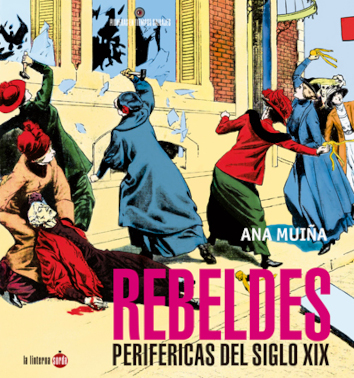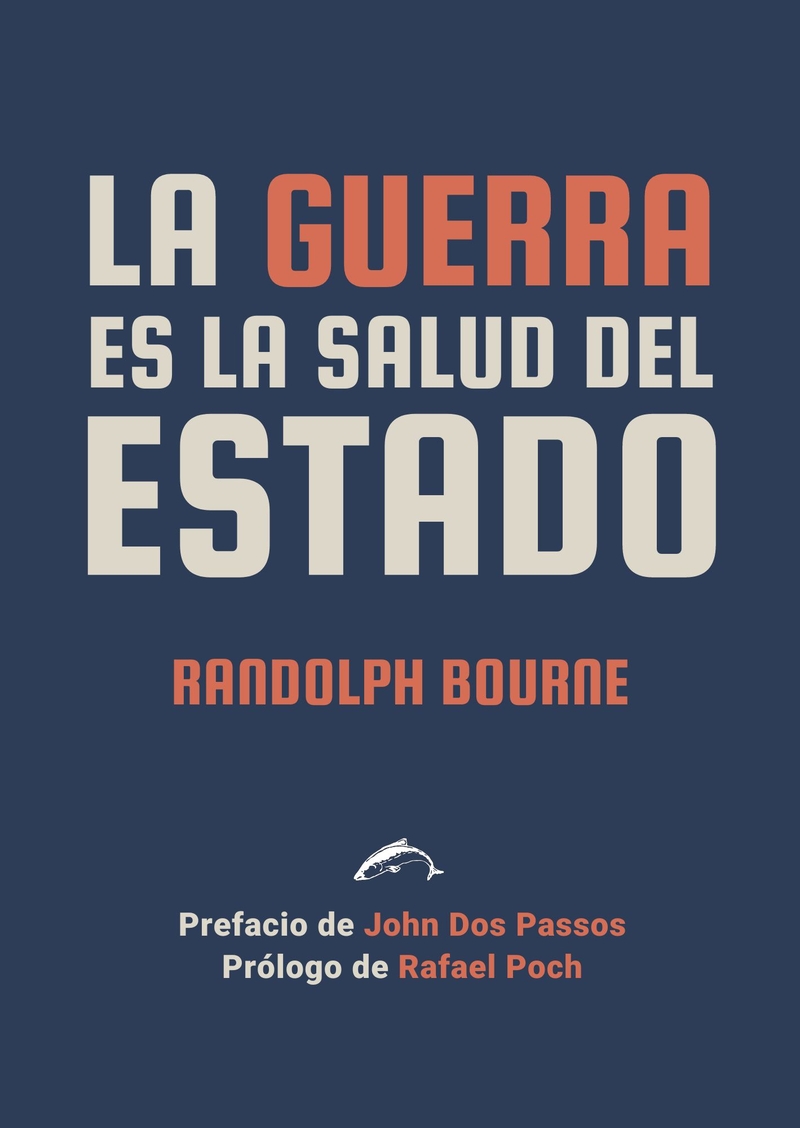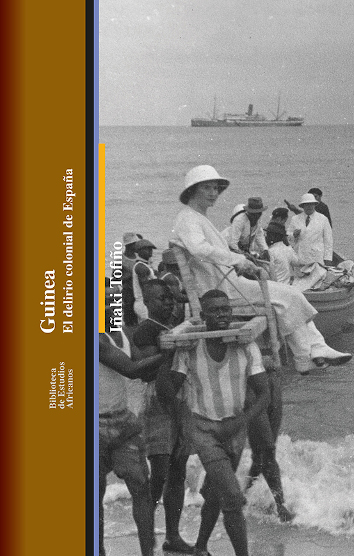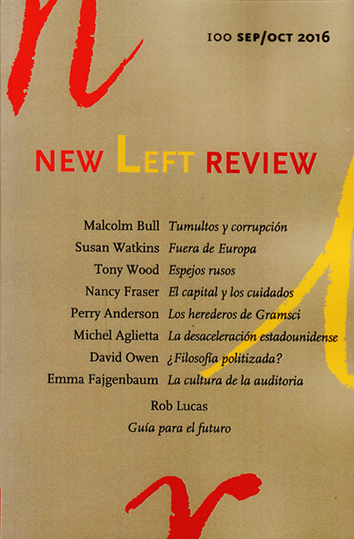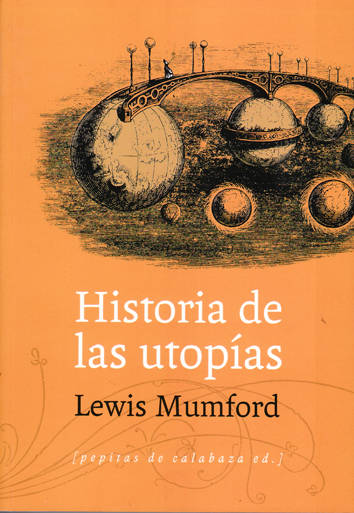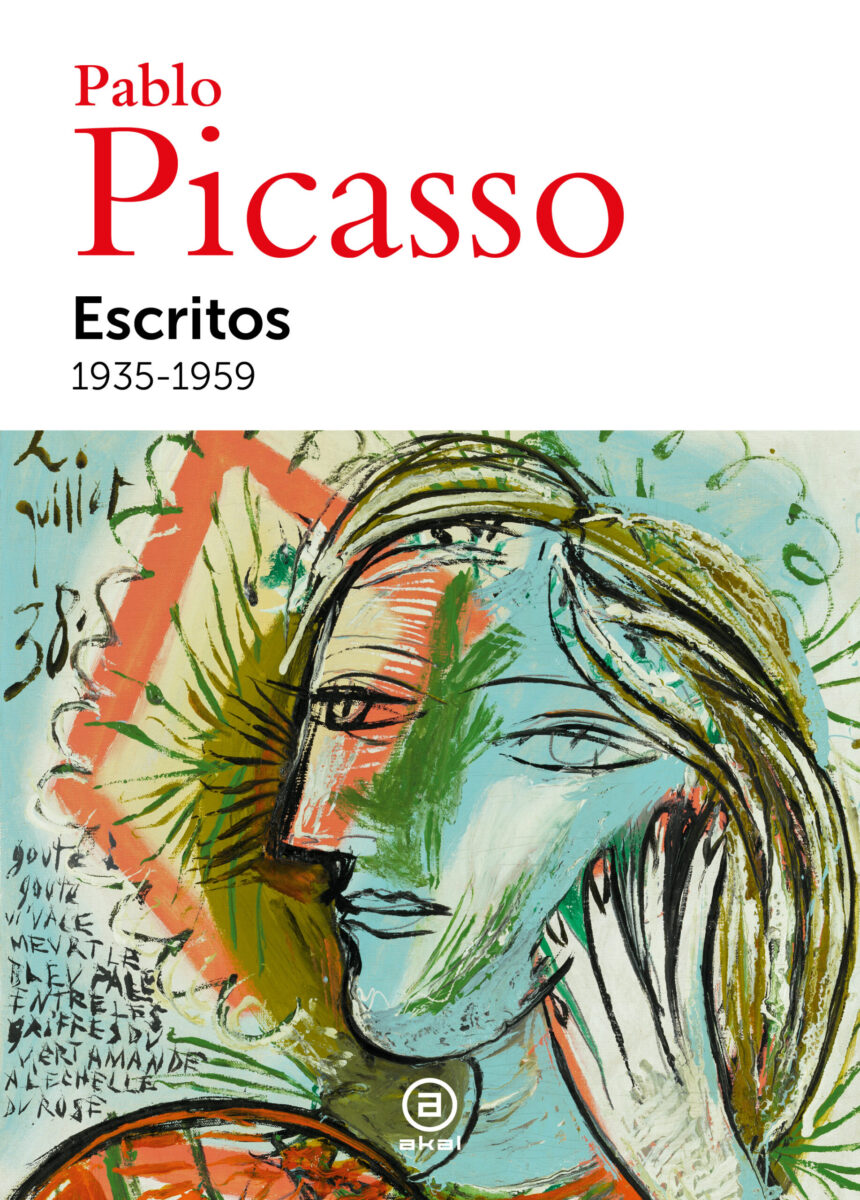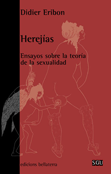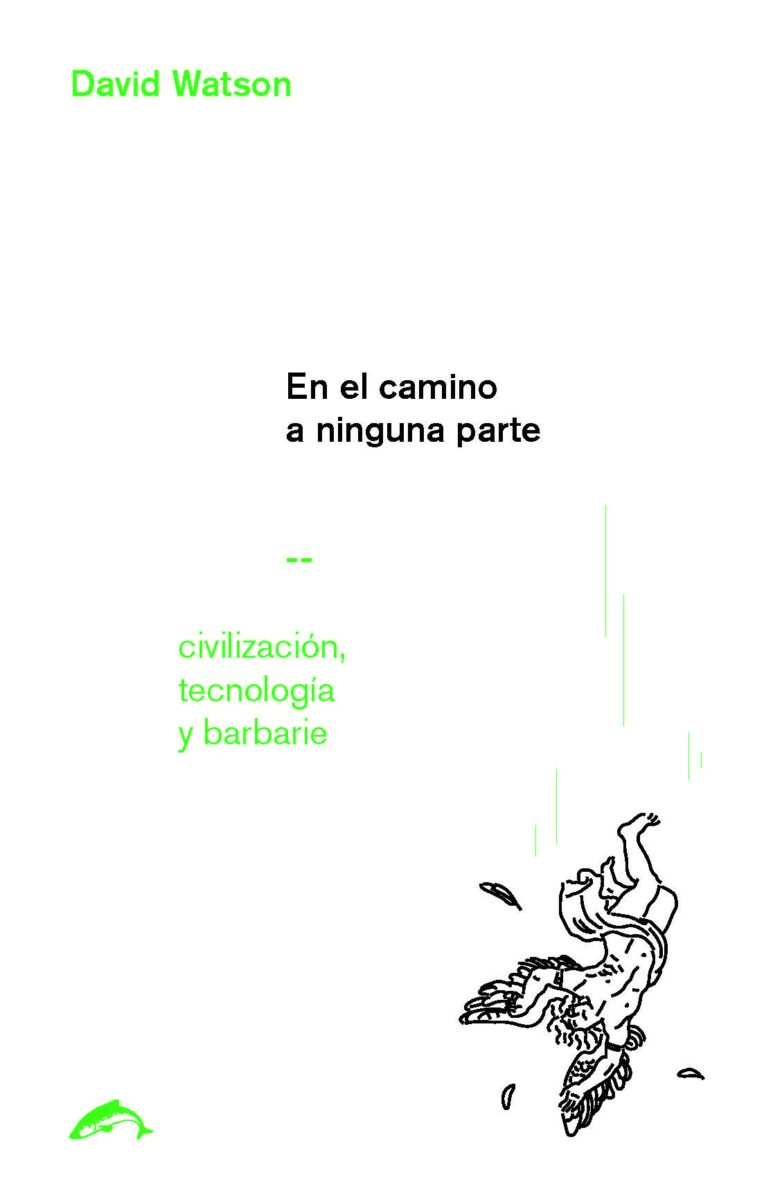Editorial: PM Press
ISBN: 9781629638775
416 págs.
23x15,5 cms.
Año: 2022
Formato: Rústica
Idioma: Anglès
Words Of A Rebel
Peter Kropotkin remains one of the best-known anarchist thinkers, and Words of a Rebel was his first libertarian book. Published in 1885 while he was in a French jail for anarchist activism, this collection of articles from the newspaper Le Revolté sees Kropotkin criticise the failings of capitalism and those who seek to end it by means of its main support, the state. Instead, he urged the creation of a mass movement from below that would expropriate property and destroy the state, replacing their centralised hierarchies with federations of self-governing communities and workplaces.
Kropotkin’s instant classic included discussions, themes, and ideas he returned to repeatedly during his five decades in the anarchist movement. Unsurprisingly, Words of a Rebel was soon translated into numerous languages—including Italian, Spanish, Bulgarian, Russian, and Chinese—and reprinted time and time again. But despite its influence as Kropotkin’s first anarchist work, it was the last to be completely translated into English.
This is a new translation from the French original by Iain McKay except for a few chapters previously translated by Nicolas Walter. Both anarchist activists and writers, they are well placed to understand the assumptions within and influences on Kropotkin’s revolutionary journalism. This volume compiles the original 1885 text, the preface to the 1904 Italian edition, and the preface and afterword to the 1919 Russian edition, along with numerous articles on the labour movement by Kropotkin for Le Revolté that highlight how he envisioned moving from criticism to a social revolution. With a comprehensive glossary and an introduction by Iain McKay placing this work within the history of anarchism as well as indicating its relevance to radicals and revolutionaries today, this is the definitive edition of an anarchist classic.
24,95€
Solo quedan 1 disponibles
Categorías: Anarquismo y pensamiento antiautoritario, Filosofia, Historia
Palabras clave: Anarchy, Elisee Reclus, Mutual Aid
Translated and Edited by Iain McKay • Preface: Elisée Reclus • Additional Translation: Nicolas Walter
Words Of A Rebel
Peter Kropotkin remains one of the best-known anarchist thinkers, and Words of a Rebel was his first libertarian book. Published in 1885 while he was in a French jail for anarchist activism, this collection of articles from the newspaper Le Revolté sees Kropotkin criticise the failings of capitalism and those who seek to end it by means of its main support, the state. Instead, he urged the creation of a mass movement from below that would expropriate property and destroy the state, replacing their centralised hierarchies with federations of self-governing communities and workplaces.
Kropotkin’s instant classic included discussions, themes, and ideas he returned to repeatedly during his five decades in the anarchist movement. Unsurprisingly, Words of a Rebel was soon translated into numerous languages—including Italian, Spanish, Bulgarian, Russian, and Chinese—and reprinted time and time again. But despite its influence as Kropotkin’s first anarchist work, it was the last to be completely translated into English.
This is a new translation from the French original by Iain McKay except for a few chapters previously translated by Nicolas Walter. Both anarchist activists and writers, they are well placed to understand the assumptions within and influences on Kropotkin’s revolutionary journalism. This volume compiles the original 1885 text, the preface to the 1904 Italian edition, and the preface and afterword to the 1919 Russian edition, along with numerous articles on the labour movement by Kropotkin for Le Revolté that highlight how he envisioned moving from criticism to a social revolution. With a comprehensive glossary and an introduction by Iain McKay placing this work within the history of anarchism as well as indicating its relevance to radicals and revolutionaries today, this is the definitive edition of an anarchist classic.
Categorías: Anarquismo y pensamiento antiautoritario, Filosofia, Historia
Palabras clave: Anarchy, Elisee Reclus, Mutual Aid
Editorial: PM Press
ISBN: 9781629638775
416 págs.
Medida: 23x15,5
Año: 2022
Formato: Rústica
Idioma: Anglès


